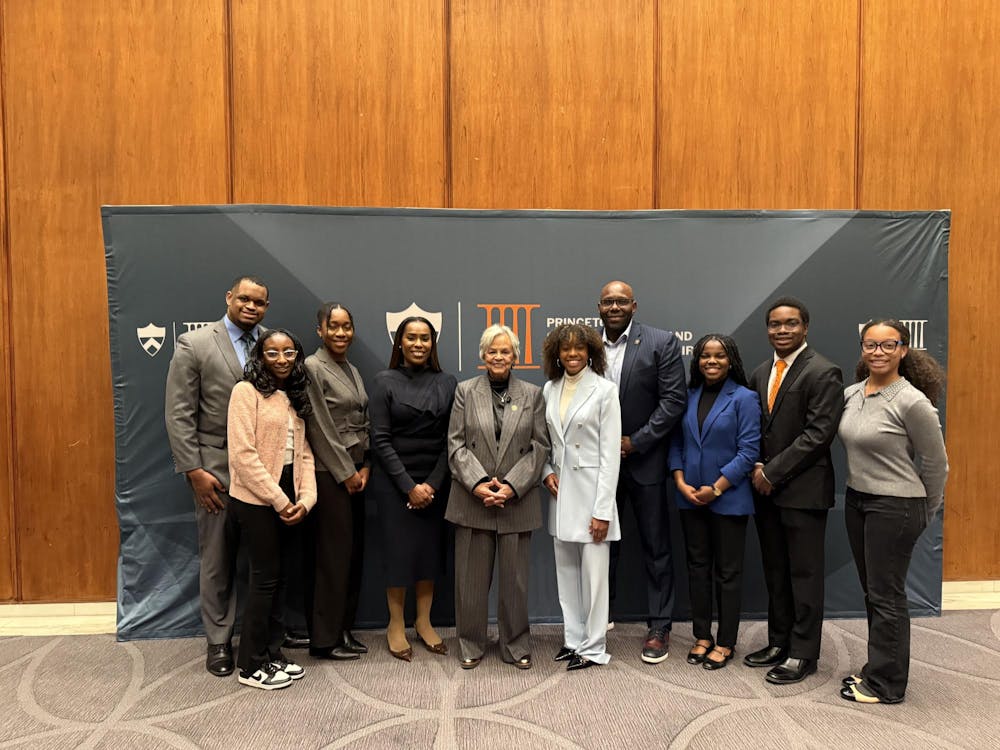Now an RCA himself in Whitman College, Lewis is the one providing the study breaks rather than taking advantage of them. Lewis is tasked with spending a budget provided to him by his college office, which he said is to be spent on food and supplies for various study breaks for his 14 freshmen and eight sophomore advisees.
According to Wilson College Director of Student Life Michael Olin, RCAs are given funds by their respective college offices for food, supplies or any other items directly related to study breaks.
Olin said in an email that RCA funding comes from the residential college budgets, which in turn come from the residential college fees that students pay. He noted that baseline RCA study break budgets vary slightly from college to college, but he said that he believes that “the overall study break budget probably looks similar across the University in the end.”
He added that the Wilson College Office gives a baseline amount to each RCA, but noted that RCAs with larger ’zee groups are allocated larger budgets. Olin said Wilson gives extra funds throughout the year when RCAs collaborate with residential graduate students or host special study breaks to recruit students to serve as Princeton Preview hosts.
Rockefeller College Director of Student Life Amy Ham Johnson said in an email that Rocky’s funding structure was similar. The Rocky College Office also gives each RCA group the same amount of funding initially, but if an RCA group is particularly large and needs more funding, the office can provide more throughout the semester.
Julie Chang ’12, an RCA in Butler College, said she is responsible for hosting study breaks for 42 advisees from all four class years. Nevertheless, she said she has always received sufficient funding from the Butler College Office.
“It has never not been enough,” Chang said. “The College Office does a good job allocating the money. They have a lot of experience doing it.”
Both Lewis and Chang declined to comment on the exact amount given to them by their respective College Offices. Chang said the amount is “not exorbitant.”

Chang added that the funds are allocated well, noting that she has never been more than a dollar above or below her given amount.
Lewis said the RCAs are expected to hold about one study break per week for a total of about 12 per semester, depending on their advisees’ schedules and their own.
“Funding worked out really well last semester,” Lewis said. “Of course, it is not going to last if each study break is large and has expensive food. But, if RCAs vary the types, then the money is fine for about 12 per semester,” he explained.
Johnson said there are check-ins with the DSLs about study break programming and that RCAs submit receipts at the end of each semester to be reviewed by their College Administrator and DSL.

Olin noted that RCAs must return unused funds to the college, but that this is rarely an issue because the College Office encourages RCAs to spend their entire study break budgets on their ’zees.
Chang said she makes an effort to be present for the entire duration of her study breaks because the study breaks are a chance for advisees, especially freshmen, to interact with each other and with her.
“I really love the fact that there can be interactions across all classes,” Chang said.
Lewis said he agreed that study breaks are an important part of an RCA’s role.
“I think it is really important that there is a time every week where there is an opportunity for freshmen and sophomores to take 30 minutes to get away from their work and come together,” Lewis said. “Study breaks allow us to do this in a small, community setting, making it as comfortable and relaxing as possible.”







